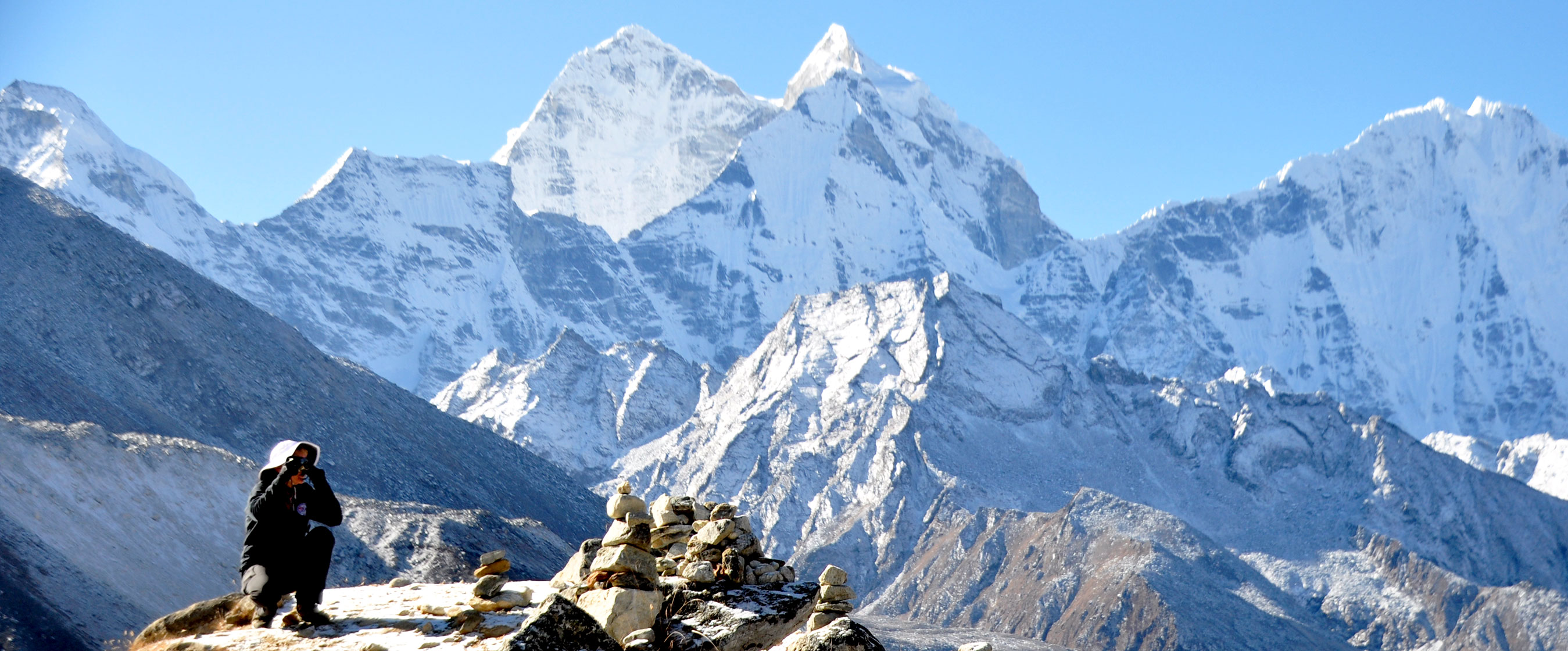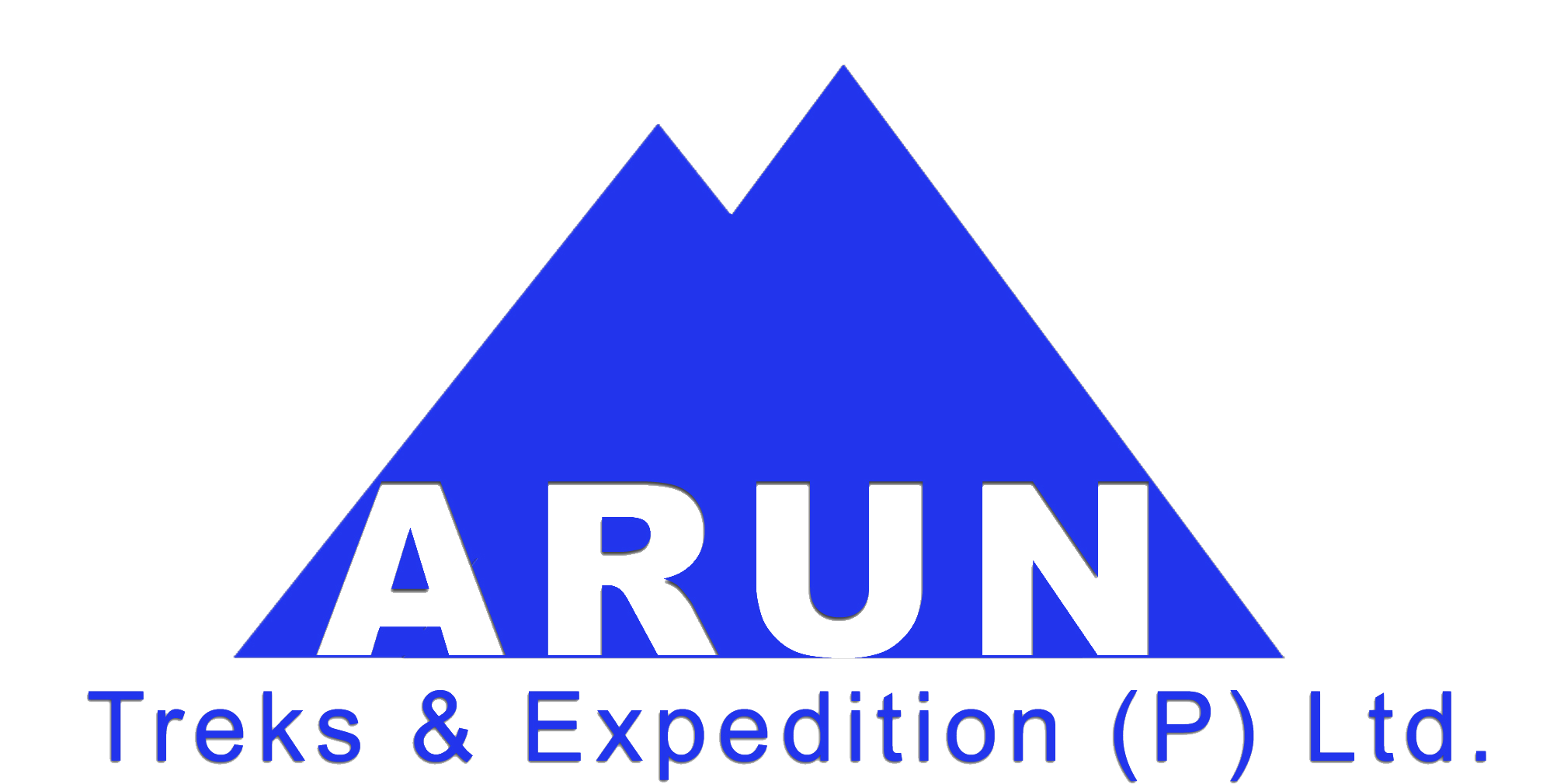
HIGH ALTITUDE SICKNERR
Don't die of altitude sickness.
Every year, people die of altitude sickness. All of these deaths are preventable. If you are travelling above 2500m (8000ft), read this information and tell your companions about it - it could save your life.
What is altitude sickness?
Altitude sickness has three forms. Mild altitude sickness is called acute mountain sickness (AMS) and is quite similar to a hangover - it causes headache, nausea, and fatigue. This is very common: some people are only slightly affected, others feel awful. However, if you have AMS, you should take this as a warning sign that you are at risk of the serious forms of altitude sickness: HAPE and HACE*. Both HAPE and HACE can be fatal within hours.
HAPE
HAPE is excess fluid on the lungs, and causes breathlessness. It is never normal to feel breathless when you are resting - even on the summit of Everest. This should be taken as a sign that you have HAPE and may die soon. HAPE can also cause a fever (a high temperature) and coughing up frothy spit. HAPE and HACE often occur together.
HACE
HACE is fluid on the brain. It causes confusion, clumsiness, and stumbling. The first signs may be uncharacteristic behavior such as laziness, excessive emotion or violence. Drowsiness and loss of consciousness occur shortly before death.
Treatment of HAPE and HACE
• Immediate descent is absolutely essential
• Dexamethasone and acetazolamide should both be given, if available
• Pressure bags (GAMOW Bag) and oxygen gas can buy time
What causes altitude sickness?
Two things are certain to make altitude sickness very likely - ascending faster than 500m per day, and exercising vigorously. Physically fit individuals are not protected even Olympic athletes get altitude sickness. Altitude sickness happens because there is less oxygen in the air that you breathe at high altitudes.
Altitude sickness prevention
Go up slowly, take it easy, and give your body time to get used to the altitude. The body has an amazing ability to acclimatise to altitude, but it needs time. For instance, it takes about a week to adapt to an altitude of 5000m.
Can I take drugs to prevent altitude sickness?
As with everything, many 'quack' treatments and untested herbal remedies are claimed to prevent mountain sickness. These treatments can make AMS worse or have other dangerous side effects - many herbs are poisonous. Only one drug is currently known to prevent AMS and to be safe for this purpose: acetazolamide (diamox). It causes some minor side effects, such as tingling fingers and a funny taste in the mouth.
*HAPE stands for high altitude pulmonary oedema, and HACE for high altitude cerebral oedema. These medical terms simply mean 'fluid on the lungs/brain'.
Note: To know more about the Altitude Sickness, please consult with your doctor before the trip starts.





